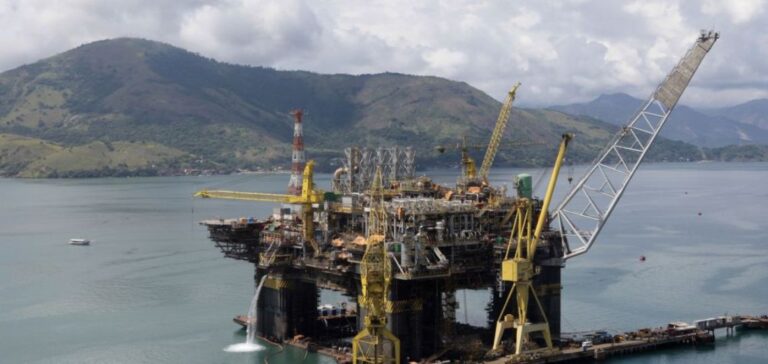Brazil’s leftist President Luiz Inacio Lula da Silva, who took office less than 100 days ago, has created a 9.2% tax on crude oil exports for four months (March to June). This decision was taken at the same time as the partial reinstatement of fuel taxes, which were abolished by the previous government, to finance social programs. The Minister of Mines and Energy, Alexandre Silveira, justified the measure by citing an “opportunity to attract (investors) interested in refining” in Brazil rather than selling crude abroad.
However, foreign oil companies have gone to federal court to demand the suspension of the tax. Repsol, TotalEnergies, Shell, Equinor and Galp feel aggrieved by this measure, which they describe as a “breach of contract”, as this tax did not exist at the time they invested in oil exploration in Brazil. In addition, they believe that this decision creates legal “insecurity”, which could divert investors from other sectors.
The oil sector represents 15% of the industry’s share of the Brazilian GDP and employs 450,000 people in the country. This measure has been viewed very negatively by oil companies and may affect the attractiveness of the country for investors. Future oil auctions could be impacted by this decision, as players take into account the risk of having the rules changed when making their bids.
In this difficult economic context, the Brazilian government has opted for the “easy way out” by creating this tax on crude oil exports, in order to compensate for the 6.6 billion reais loss of revenue due to the partial restoration of fuel taxes. However, this decision could have unexpected and negative consequences for the Brazilian oil industry and the country’s attractiveness to foreign investors.





















